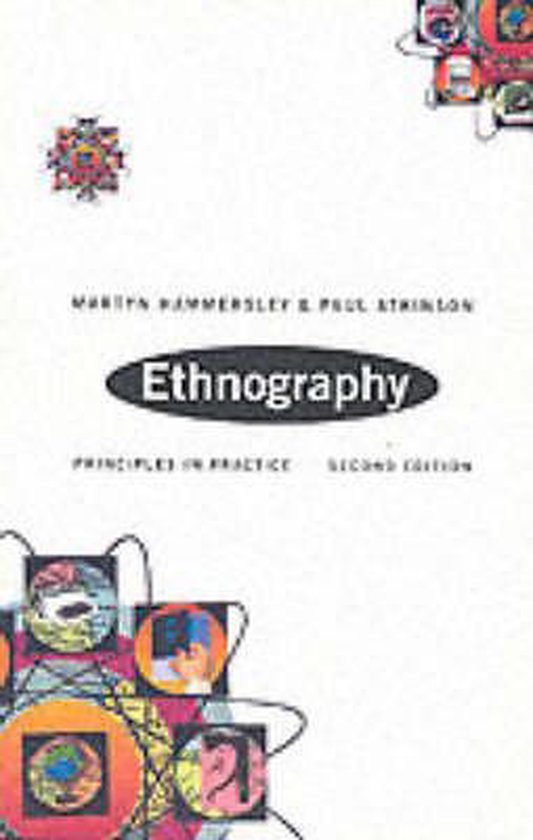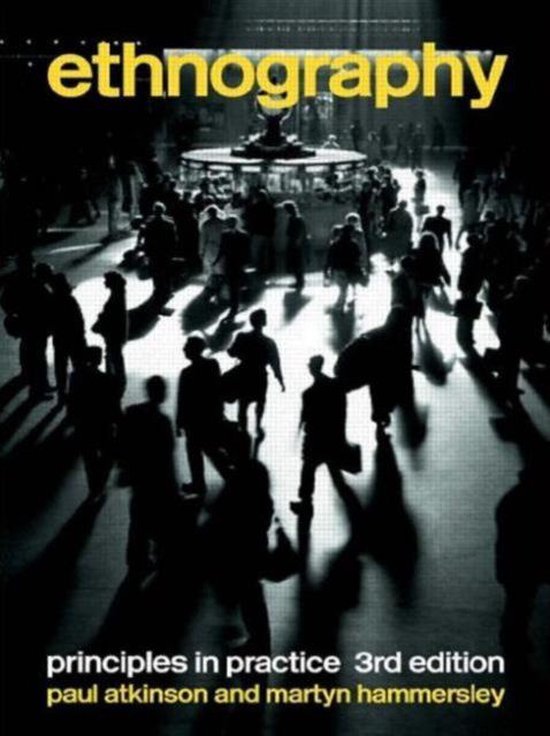
Ethnography
Thoroughly updated and substantially rewritten the second edition of this popular textbook is now even more relevant and useful for students and researchers. New material includes a section on the use of micro computers in research and a new chapter on the ethics of research. Ethnography provides a systematic and coherent account of ethnographic principles and practice. Rejecting the over-simplified contrast between positivism' and 'naturalism', but also questioning more recent critiques of these positions, the authors argue that ethnography is best understood as a reflexive process. Above all, what this means is that we must recognise that social research is part of the world that it studies. From an outline of the principle of reflexivity in Chapter One, the authors go on to discuss and exemplify the main features of ethnographic work: * the selection and sampling of cases * the problems of access * observation and interviewing * recording and filing data * the process of data analysis and writing research reports There is also consideration of the ethical issues surrounding ethnographic research. Throughout, the discussion draws on a wide range of illustrative material from classic and more recent studies in Britain, America and elsewhere.
| Auteur | | Martyn Hammersley |
| Taal | | Engels |
| Type | | Paperback |
| Categorie | | Mens & Maatschappij |




